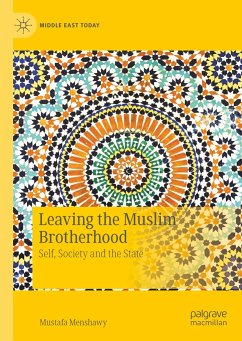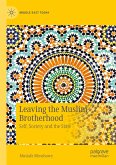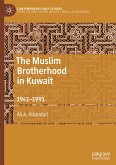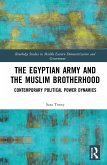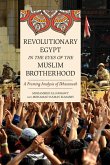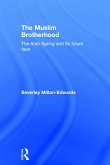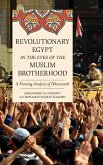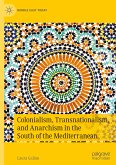The book offers a processual and discursive perspective on how individuals exit the Muslim Brotherhood. The framework is based on an interaction of 'micro' psychological and emotional factors, 'meso' organizational factors and 'macro' political developments linked to the specific case of the Muslim Brotherhood and Egypt during the Arab Spring. Based on interviews conducted in Egypt, Turkey, Qatar and the United Kingdom, the author traces in-depth narratives of exiters while they return to their private life or resort to political activism of another stripe. This work examines thought-provoking patterns pertaining to elements long under-explored in the scholarship and stands out as it systematically identifies this unexamined subset of Brotherhood members: peaceful leavers.
Bitte wählen Sie Ihr Anliegen aus.
Rechnungen
Retourenschein anfordern
Bestellstatus
Storno

